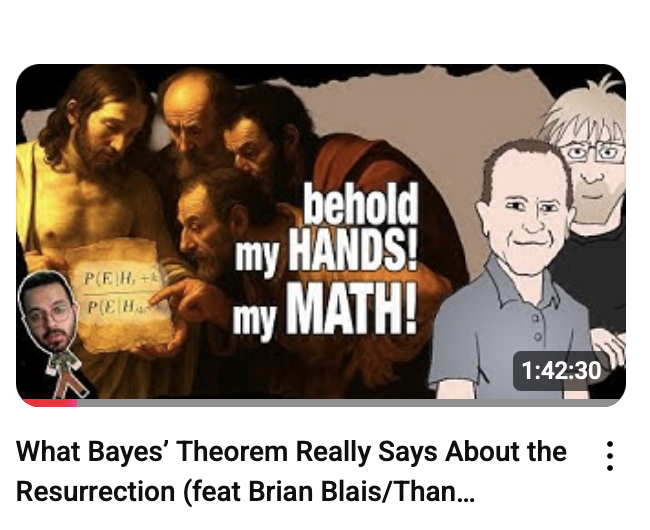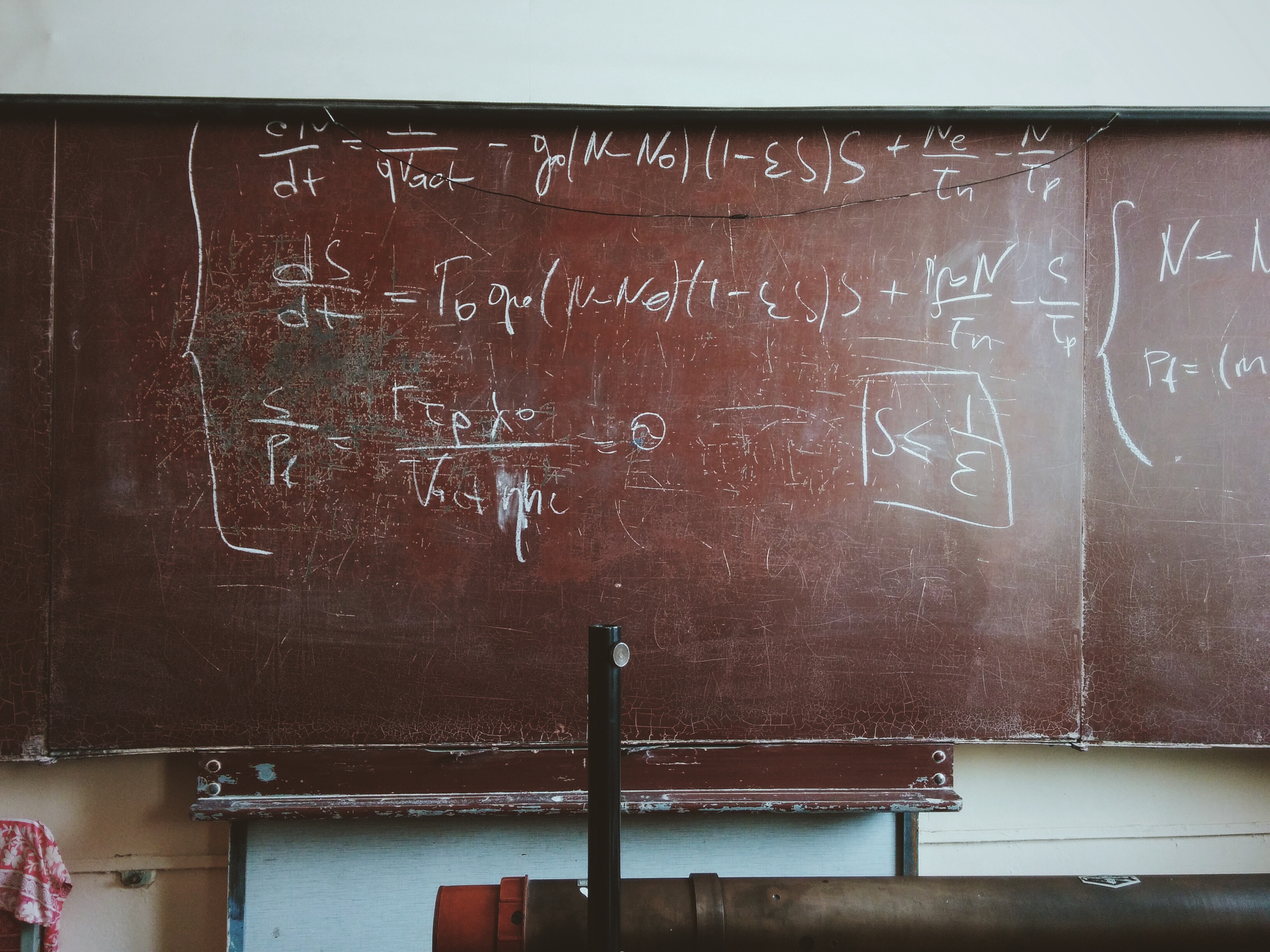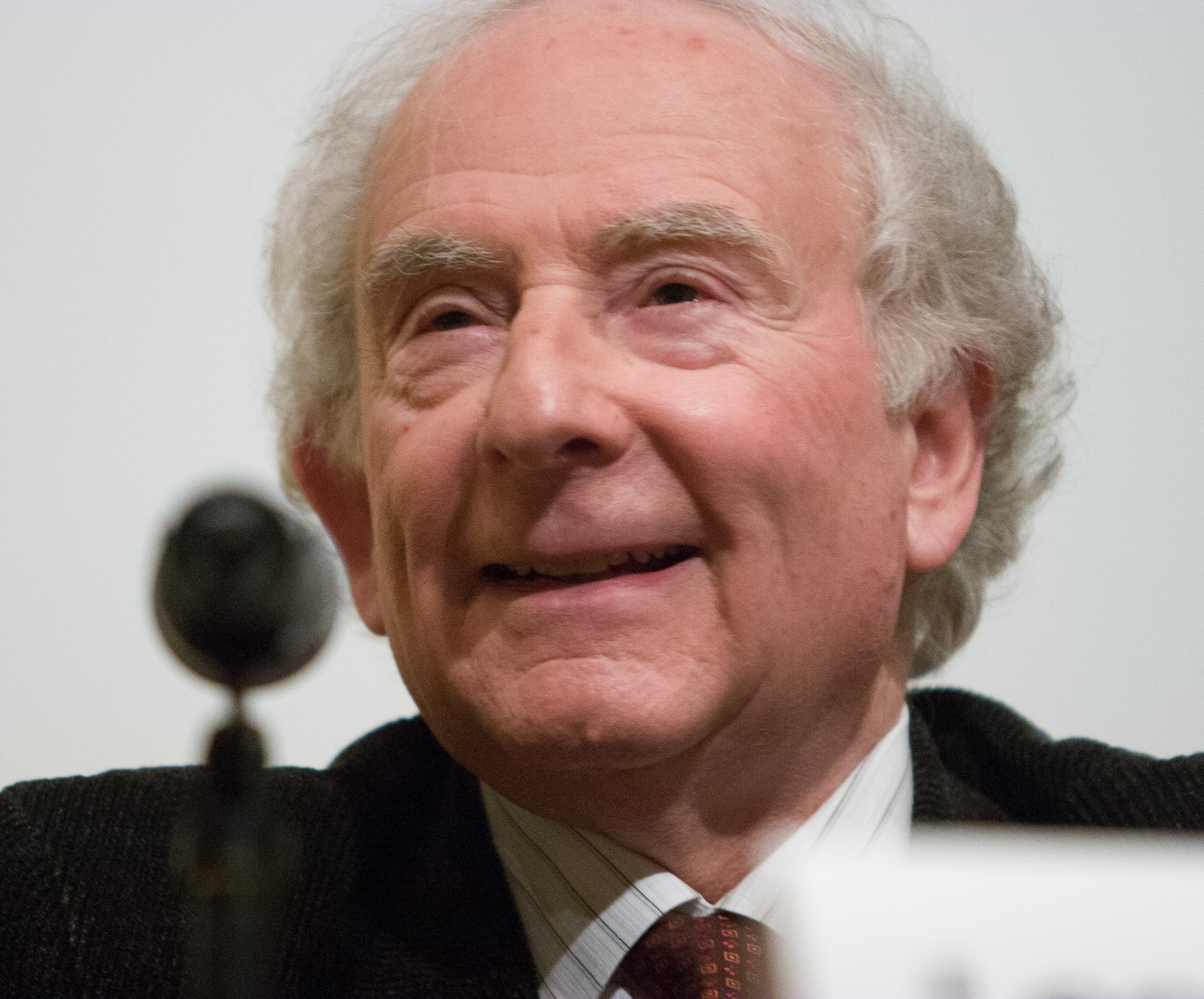Books
Books that I have written.
Books that I have written.
Podcasts and Videos in which I have appeared or which I have created.
Dynamical systems simulation in Python. Includes both continuous and stochastic simulation.
An introductory stats book from a Bayesian perspective, including Python software.

Here's a video where Dr. Michael Egnor presents arguments and evidence for the existence and properties of the soul. For someone who studies the brain, Dr Egnor is remarkably sloppy …
#religion

Is the "Maximal Data Case" for the resurrection of Jesus a sophisticated historical argument, or just "for the Bible tells me so" with extra steps?. When apologist Than Christopoulos accused …
#media

I wrote about the Nines Deck here as an example of multiple model comparison. Here I want to extend the example to explore more about scientific reasoning.
I ended my …
#math

I realized that I don't have a blog post about my favorite simple probability example, the High-Low Deck Game. I've written about it in Statistical Inference for Everyone but I …
#math

Another piece from this article by Than Christopoulos which caught my eye.
Among the many arguments skeptics use to support an exceedingly low prior probability of the resurrection, one of …
#religion

In Paulogia's response video, he defines Bayesian analysis as:
"Bayesian analysis is a quantification and mathematical description of presuppositions and natural decision-making processes"
which Than and others took umbrage. They …
#religion

I've been thinking lately about a particular criticism of apologist techniques. Apologists will argue for the general reliability of texts using relatively mundane claims which can be verified externally, and …
#religion

In a response video with Than Christopoulos, Than says at 35:10 :
"I have a video titled "Do Christians make excuses for their faith" [...] why this constant complaint from internet …
#religion

I just listened to the Debate Between Than Christopoulos and Matt Dillahunty about the question "Did Jesus Rise from the Dead" and the response by Paulogia and the reponse to …
#religion

I read with interest this article by Than Christopoulos after seeing his debate with Matt Dilahunty which I hope to respond to at some point. Than is very excited about …
#religion

Been a while since I've written here, so getting back into it with a short observation.
I notice that some theists critique naturalists by claiming that the latter believe nothing …
#religion

A friend of mine recently sent me this video to get a response. I haven't done a deep dive into this for a while, so I figured I'd go through …
#religion

Going back a few years I published an article simplifying the calculations for atmospheric greenhouse gas effects for undergraduate non-science majors,
Blais, B. (2003). Teaching energy balance using round numbers …
#science

My mentor and friend Leon Cooper has died at the age of 94. I am still grappling with this news, hitting me harder than I expected. However, why wouldn't I …
#science

It is said that a published work without the code is little more than an advertisement. It is for this reason that I try to make sure that I publish …
#religion

I've had my disagreements with Jonathan McLatchie a few times, some of it here, and now there is another interview Bayesian Probability and Intelligent Design: A Beginner's Guide that someone …
#religion

I've read the entire Bible twice, the most recent time this past year. Both times I was underwhelmed by the content in the book. It had so much barbarism, and …
#religion

As part of the Unbelievable Project, I am taking notes and "arm-chair" responding to each of the Unbelievable podcast episodes satisfying a set of simple rules.
See here for a …
#Unbelievable Project

An "undesigned coincidence" is used in an argument for the reliability of the Gospels, notable by Jonathan McLatchie, Tim McGrew and Lydia McGrew, and is defined as
When you have …
#religion

Can science explain everything? Christian guest John Lennox is emeritus Professor of Mathematics and Philosophy of Science at Oxford University. Atheist guest Peter Atkins is emeritus Professor of Chemistry at …
#Unbelievable Project

So National Novel Writing Month (NaNoWriMo) is here, and it has its usual ups and downs as expected. For this event, you commit to writing 50,000 words of a …
#productivity